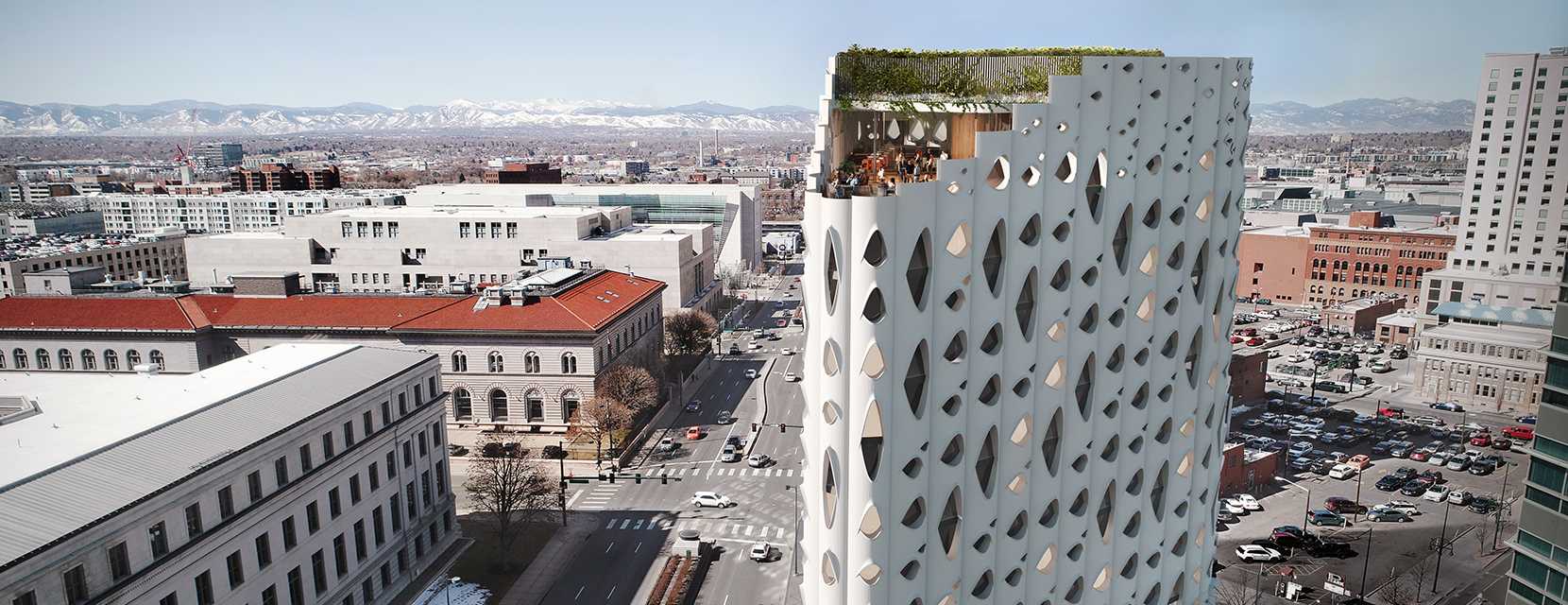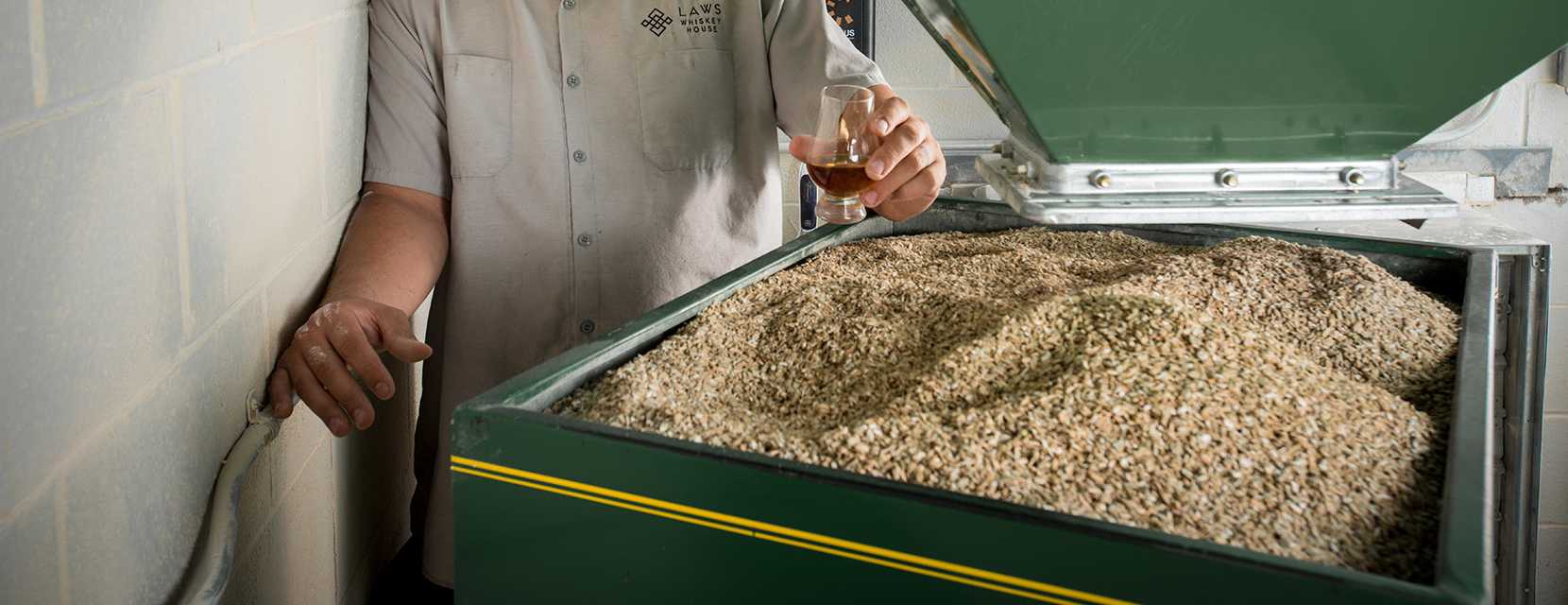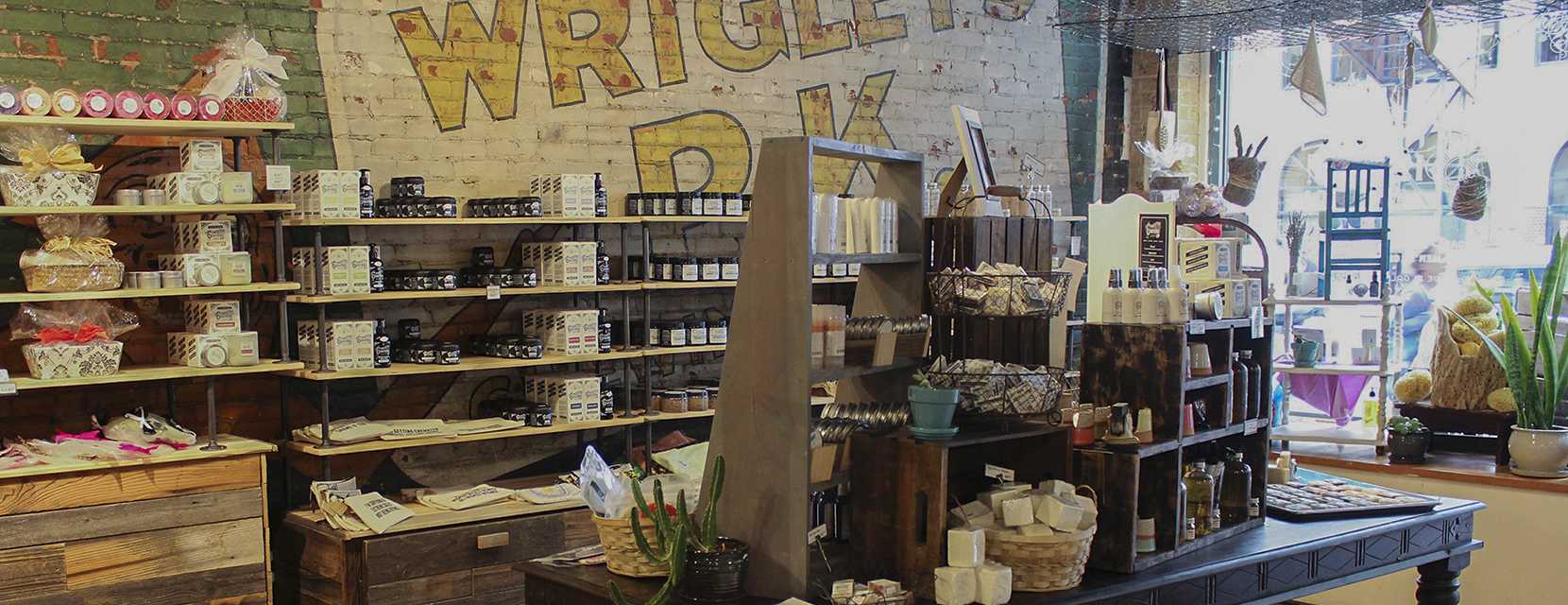When it comes to sustainable travel, few places do it better or greener than The Mile High City. Denver made National Geographic’s 2021 list of sustainable destinations, thanks to its support of solar power and bike lanes, as well as the city’s Certifiably Green Denver program.
While businesses all over the city have adopted sustainable practices, we're highlighting some of the standouts here. Read on for some ideas to consider when planning a sustainable, low-impact and eco-friendly trip to Denver.
Where to Stay
Denver offers an already enviable array of eco-conscious accommodations but Populus is a standout. Located across Colfax Avenue from the Colorado State Capitol, it's touted as the first “carbon-positive” hotel in the country. Its breathtaking exterior takes inspiration from the trunks of Colorado’s native aspen trees and uses as many reclaimed and eco-friendly materials as possible. Instead of buying carbon credits, the hotel planted 70,000 trees in Gunnison, Colorado.
Renaissance Denver Downtown City Center Hotel has more third-party certifications for sustainable operations than any other lodging in the city, including LEED, Green Seal, TripAdvisor GreenLeaders and Certifiably Green Denver.
Also downtown, Hotel Monaco of Kimpton Hotels is another local leader, with refillable bath amenities, motion-activated HVAC units, and low-flow water systems being just a few of the green features.
In Curtis Park, Queen Anne Urban Bed & Breakfast emphasizes eco-friendliness with locally sourced coffee and breakfasts, low-flow showerheads, shampoo dispensers and natural cleaning products.
River North Art District's (RiNo's) Source Hotel has been green since its groundbreaking, built with recycled and local materials for a LEED certification, and features water-efficient and bike-friendly amenities in the finished product.
Open since 1892, the Brown Palace Hotel & Spa by Marriott is 21st century when it comes to sustainability. Its Green Initiative has reduced electricity usage and water consumption while fostering five rooftop beehives that make honey for spa products and other uses.
If you want to ride Denver’s light rail instead of renting a car, the Crawford Hotel at Denver Union Station is hard to beat. Not only are you steps away from the city’s transit hub, but you’re in a walkable location and sleeping in a hotel that’s LEED-certified.
Where to Eat
The Lower Highland (LoHi) neighborhood’s Root Down has set the pace for green dining in Denver since it opened in a repurposed service station in 2009. The menu emphasizes sustainable and local ingredients, as the decor leans heavily on recycled items.
Have an entirely plant-focused meal at Vital Root on the eclectic Tennyson Street. The Ayurvedic-inspired menu utilizes herbs grown at the restaurant.
Another LoHi standout is Bamboo Sushi . In 2008, it became the world’s first certified sustainable sushi restaurant. The restaurant now contributes 1 percent of its annual sales to environmental nonprofits.
Southeast of downtown, Fruition is a farm-to-table standout, sourcing a good deal of its organic, seasonal ingredients from local producers while adhering to the Monterey Bay Aquarium’s guidelines for sustainable seafood.
Open since 1975, the Mercury Cafe is a Denver institution known both for its vegan-friendly cuisine and an events calendar full of live music, dance classes, and poetry slams. WIth rooftop solar panels and wind turbines, it’s also a model of energy efficiency.
Sullivan Scrap Kitchen in the Uptown neighborhood is laser-focused on minimizing food waste by fermenting leftover bits of peppers to make hot sauce, pureeing overripe fruit into cocktails and utilizing whole cuts of animals in creative ways.
On South Broadway, Somebody People (named after a David Bowie lyric) bills itself as “a vegetable-forward dining experience” with Mediterranean-inspired fare like roasted cauliflower and chargrilled polenta. Many ingredients are sourced from local farms.
Where to Drink
Founded in 1994, Great Divide Brewing Company sets a high bar for the more than 150 breweries now operating in Denver. It’s on the Certifiably Green Denver roster for initiatives that have resulted in diverting 99 percent of waste from landfills.
Denver Beer Co. is another standout in sustainable brewing. The brewing operation captures 100,000-plus pounds of carbon dioxide annually with a system from Earthly Labs and its Canworks facility is 100 percent solar-powered.
In northeast Denver, Leopold Bros. has emphasized sustainable distilling since its beginnings in the early 2000s. Many herbs and botanicals are sourced from a garden onsite, and the zero-waste distilling operation is water- and power-conscious, with barrels aging in without climate control or lighting to conserve electricity.
On the south side of the city, Laws Whiskey House primarily uses grains grown by family-owned farms in Colorado in its spirits. The distillery employs a closed-loop system to maximize water efficiency.
Where to Explore
West of Denver in Golden, the National Renewable Energy Laboratory (NREL) is the federal government’s hub for cleantech research and development. Public tours are available and often booked months in advance, but you can put your name on a waiting list in the event of cancellations.
Just north of the city, the Rocky Mountain Arsenal National Wildlife Refuge is a huge success story from the federal Superfund program. The former chemical weapons facility was remediated and restored to support a bison herd as well as bald eagles, alligator snapping turtles and black-footed ferrets. There are 20 miles of easy trails onsite.
In the center of the city, Confluence Park is another environmental success story. Formerly filled with all manner of wreckage and debris, the intersection of the South Platte River and Cherry Creek is now a vibrant, people-friendly place, and the hub of the city’s bike trails.
The Denver Museum of Nature & Science is notably energy-efficient, utilizing heat pump technology, daylighting, and rooftop solar panels. The museum also has low-water landscaping and a waste diversion program.
The heart of the city’s contemporary art, MCA Denver is based in a LEED-certified building, supports the development of local solar gardens, and utilizes multi-use and recyclable cutlery and plates in its restaurant.
For a loftier perspective on the benefits of environmental stewardship, head to the high country of the Denver Mountain Parks system, featuring more than 20 parks that span 14,000 acres in all. The options include Red Rocks Park & Amphitheatre, home of the fabled amphitheater and a pair of hiking trails.
Where to Shop
Spinster Sisters Co. has every skincare product you can imagine from bath soap to body lotion. But this "microsoapery" is powered by renewable energy and the company is now Plastic Negative certified. Spinster Sisters has partnered with rePurpose Global where they work together to fund recycling projects in India. In addition, the company has a Free Form product line that includes low-waste bars for the face, body and hair in plastic-free packaging. On top of that, they use biodegradable boxes printed in soy ink. You can check out their products at the retail location in Golden or throughout stores all over the metro area and nationwide. You can also purchase Spinster Sisters products online.
How to Get Around
Take a look at this in-depth story about getting around Denver without a car, but here are a few of the basics: RTD’s light rail and bus systems connect the airport with downtown (via the airport train) and beyond, with public transportation routes all over Denver and its suburbs. Lyft and Lime offer e-scooter and e-bikes for use all over the city. eTuk offers city tours in eco-friendly electric rickshaws (a.k.a. “tuk tuks”) that seat up to six people. And GEST Carts Denver offers free rides on their electric-powered carts that can reach 25 mph. GEST relies on advertising to support the rides. While tips for drivers are not required, they are appreciated.
If you’re traveling around Colorado, Bustang offers bus service all over the state from its hub at Denver Union Station.







